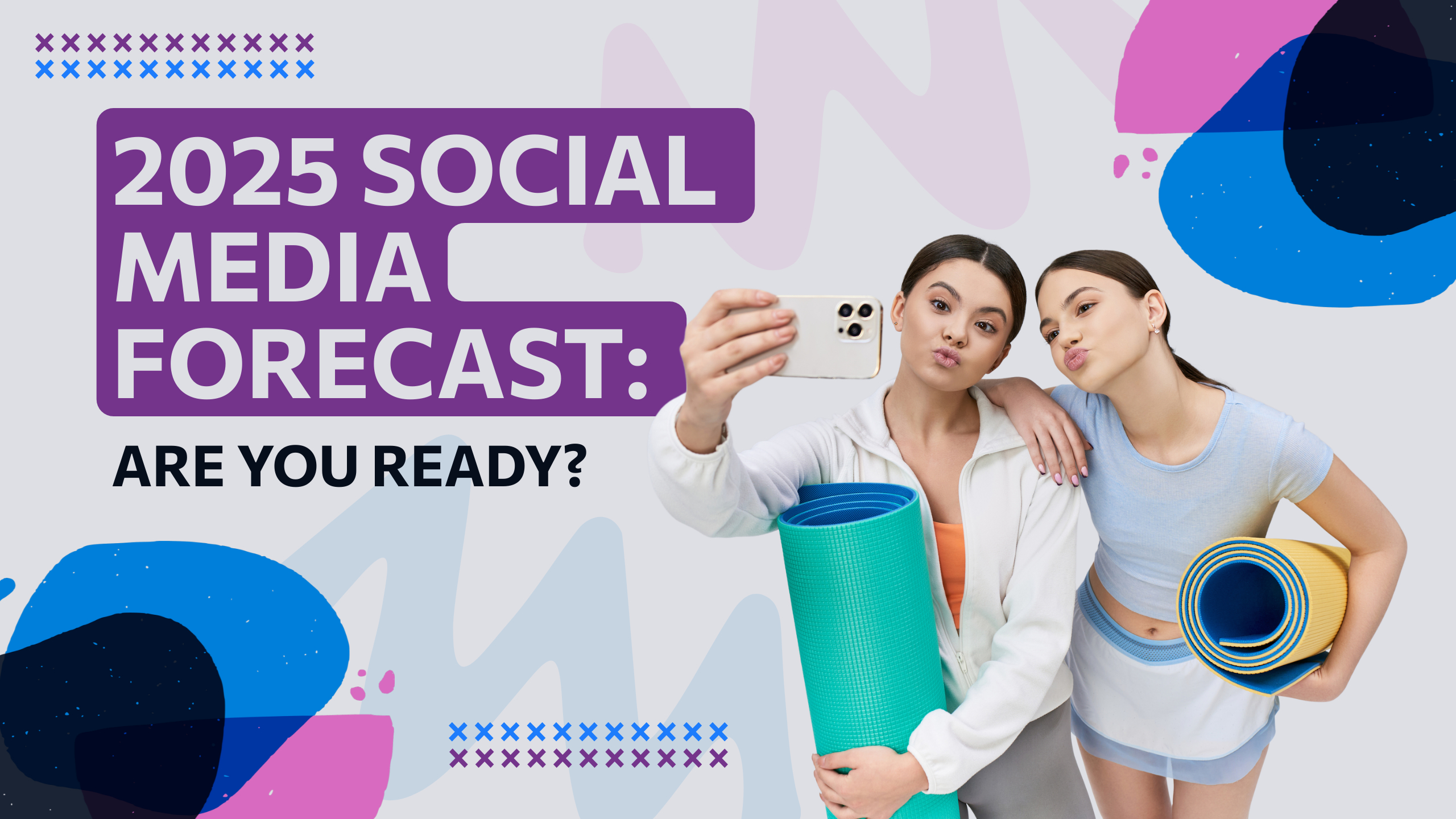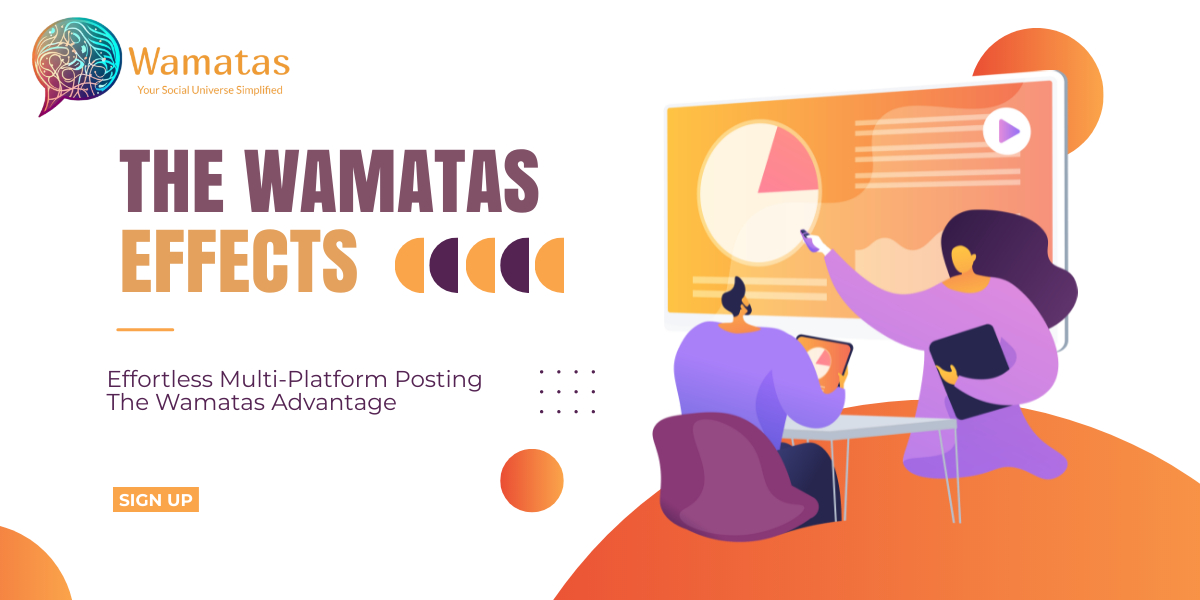
As we approach the end of the year, it's that time again when experts and pundits begin sharing their predictions for the upcoming year. This year, the focus is heavily on artificial intelligence (AI) and its implications for social media. While generative AI is indeed a transformative technology, it's crucial to differentiate between current AI capabilities and the concept of automated general intelligence (AGI). The reality is that we are still far from achieving true AGI, despite advancements that allow tools like ChatGPT to perform impressively on tasks like IQ tests.
The Evolving Landscape of Social Media in 2025
The predictions for social media in 2025 suggest significant shifts, particularly concerning major platforms like Facebook and Instagram.
Facebook: More AI Integration
Facebook remains the largest social media platform globally, despite a decline in its "cool" factor. Its focus has shifted from connecting users through social interactions to delivering more entertainment-based content. Meta, Facebook's parent company, is heavily investing in generative AI, aiming to enhance user engagement through AI-generated content. However, there are concerns about the authenticity of such interactions as Meta encourages users to create and share AI-generated images and prompts. This raises questions about the alignment of these tools with the core purpose of social media—real human connection.
Augmented Reality (AR) and Virtual Reality (VR) Initiatives
Meta is also gearing up for a push into augmented reality with the anticipated release of AR glasses. In 2025, we can expect to see more AR experiences integrated into Facebook, such as product try-ons and digital furniture placements. Additionally, VR experiences will likely become more accessible to non-VR users, enhancing engagement through digital avatars and interactive environments.
Instagram: A Blend of Features
Instagram has evolved into a multifaceted platform that combines elements from various social media trends. The focus in 2025 will likely be on enhancing user experiences through generative AI tools that allow for AI-enhanced filters for photos and videos. Furthermore, Instagram may integrate features that promote content captured through Meta's AR glasses, creating a seamless experience between real-world interactions and digital sharing.
The Future of Snapchat
Snapchat faces challenges as it competes with larger players like Meta and Apple in the AR space. While it remains popular among younger audiences, its ability to innovate in AR glasses may be limited compared to Meta's advancements. Predictions suggest that Snapchat might need to scale back its ambitions in developing AR wearables due to these competitive pressures.
Threads and Political Content
On Threads, Meta's platform for real-time discussions, there may be a shift towards easing restrictions on political content post-U.S. elections. This change could enhance user engagement by allowing for more topical discussions, positioning Threads as a viable competitor against platforms like X (formerly Twitter).
Conclusion: A Cautious Outlook
As we look ahead to 2025, the landscape of social media will undoubtedly be influenced by advancements in AI and immersive technologies. However, there remains skepticism about whether users will embrace these changes or prefer authentic human interactions over AI-generated content. The coming year will reveal how these platforms navigate this delicate balance while striving to maintain user engagement amidst evolving technological trends.




